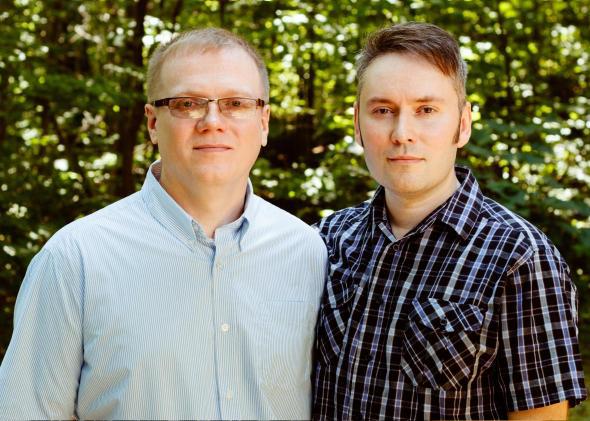Shortly after the Supreme Court brought marriage equality to every state, the AP released a troubling poll: 49 percent of respondents believed local officials with religious objections should be exempt from issuing marriage licenses to same-sex couples, while just 47 percent thought they should be required to follow the law.
That, of course, was before the Kim Davis brouhaha. Over the last month, Davis’ refusal to issue marriage licenses—on account, she says, of her religious opposition to same-sex marriage—has dominated the news cycle. Davis appeared to be a terrible poster girl for the cause of anti-gay “religious liberty”: Even principled conservatives turned against her after she violated a federal court order and displayed brazen contempt for the rule of law. In early September, I hypothesized that Davis’ stand might be a gift for the gay rights movement, since she so insolently revealed the raw animus that lies beneath the cynically misleading “religious liberty” campaign. But others, like the Atlantic’s Emma Green, speculated that Davis might actually bolster the “religious liberty” movement by giving it a sympathetic martyr.
On Tuesday, an ABC News/Washington Post poll revealed the most significant post-Davis data point yet—and the results don’t look good for Davis and her admirers. An overwhelming 74 percent of respondents believed that when a conflict arises between religious beliefs and equal treatment under the law, equality should win out. Moreover, 63 percent of respondents said that Davis should be required to issue marriage licenses despite her sincerely held religious beliefs. (That tracks an earlier Rasmussen poll, which found that 66 percent of Americans think Davis should follow the law and issue licenses.)
Notably, a majority of only two groups thought Davis should be exempted from issuing licenses: evangelical white Protestants and self-identified “strong conservatives.” That view was also more common among Republicans, less well-educated people, and lower-income Americans. Democrats, well-educated people, and higher-income Americans widely believed Davis should not defy a federal court order and refuse to do her job.
It’s obviously impossible to conclude from this data alone that Davis hurt the “religious liberty” movement. In fact, there’s no surefire way to know whether the plunge in support for people like Davis is a reaction to her fight or just a broader acclimation to gay equality. Still, the new poll cannot be encouraging for those conservatives who have struggled to elevate Christians’ right to discriminate over gay people’s right to equal dignity. Kim Davis showed Americans what happens when someone values religion over the rule of law. If this poll is any indication, they didn’t like what they saw.
